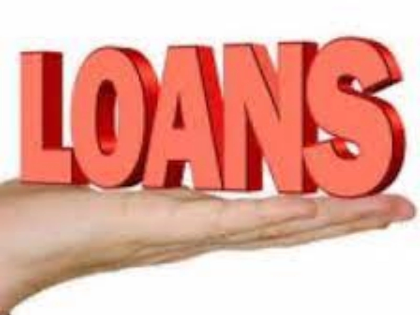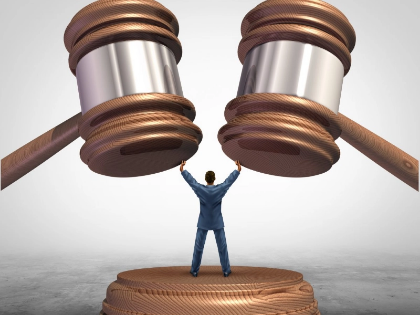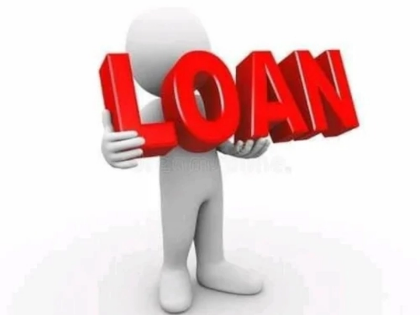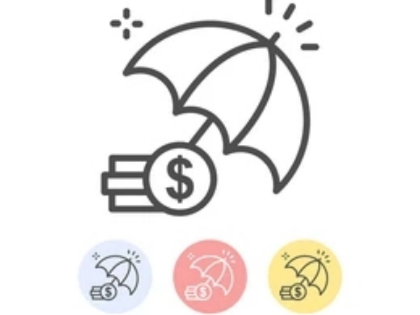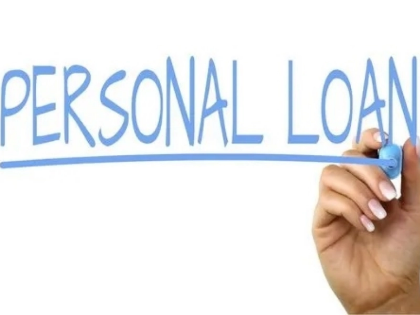Refinancing Your Mortgage to Access Your Home Equity
Owners of homes can access their equity by obtaining a HELOC or obtaining a new mortgage. In either case, closing expenses are something they should budget for (just as when they took out the original loan).
Having just one loan instead of several is the main benefit of a refinance. On the other hand, homeowners must fulfill specific requirements, like having good credit and a history of debt repayment.
A mortgage refinance: what is it?
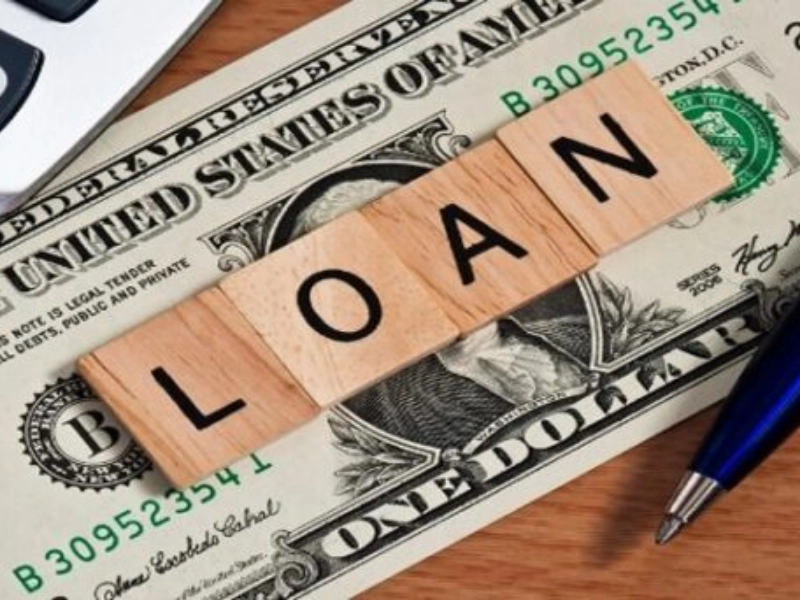
When you refinance your mortgage, your current loan is paid off and a new one is taken out in its place. Better terms that better suit your financial circumstances should be included in the new loan.
Refinancing is done by borrowers for many reasons, such as to obtain cash or to lower their interest rate. Before you move forward, it's crucial to comprehend the advantages and disadvantages of each kind of refinance.
Refinancing involves a similar application process as getting a mortgage and calls for extensive financial records, such as pay stubs and tax returns. In order to decide whether you're a good candidate for refinancing, lenders will also look at your debt-to-income ratio and creditworthiness.
A shorter loan term can help you pay off your mortgage more quickly, and a lower interest rate can cut your monthly payment. Closing charges, however, usually raise the refinancing's total cost. In order to make sure that refinancing is a wise financial move, homeowners should compare these expenses to the possible savings.
Refinancing with Cash Out
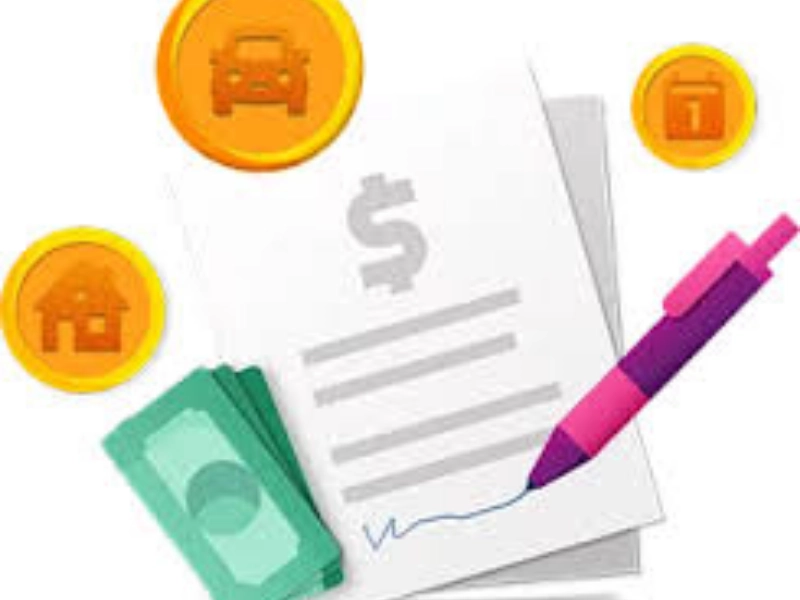
With a cash-out refinance, your current mortgage is paid off and you receive the remaining balance in cash. Homeowners can normally borrow up to 80% of the current value of their property, less the amount they currently owe on the mortgage, according to lenders.
It may have the following advantages:
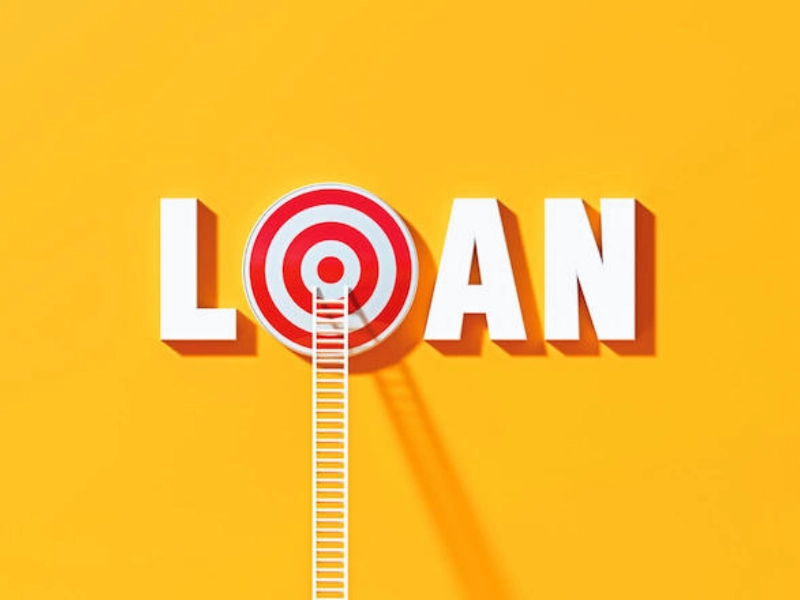
Monthly payments that are predictable: Since a cash-out refinance entails paying off your current mortgage, it can have a fixed rate, and you'll only have to make one payment every month. You can improve your budget using this.
Diminished interest rates: Refinancing a mortgage usually has lower interest rates than personal loans and credit card debt.
If you want to develop credit, pay off high-interest debt, or utilize the money for significant needs like home improvements or a child's college tuition, it can make financial sense. Home equity lines of credit (HELOCs) and loans are two more ways to access equity. While HELOCs let you borrow money as needed up to a set amount, home equity loans are second mortgages that typically offer higher interest rates than first-lien mortgages.
Simplify loan refinancing.

One common method of gaining access to home equity is through home equity loans and credit lines. Because your lender is less likely to suffer a loss, they often offer lower interest rates than credit cards and personal loan debt. The fact that you must gradually repay the principal is a drawback.
Using a streamline refinance might be an easy and affordable way to access your home equity. They must, however, only be accessible to homeowners with mortgages that are insured by the FHA, and the new refinance must produce a net tangible benefit. This could entail switching from an adjustable-rate mortgage to a fixed-rate mortgage, lowering the interest rate, or cutting the monthly payments. It could also entail moving from a rental to a primary property or fully repaying the previous mortgage.
FHA-streamlined refinances can be completed without an appraisal and don't require an income or credit-qualifying score. There are a few restrictions, though: The maximum amount of cash you can withdraw from the new refinancing is $500. Not a second house or an investment property may be the purpose of the new loan; it must be for a primary dwelling.
Beginning
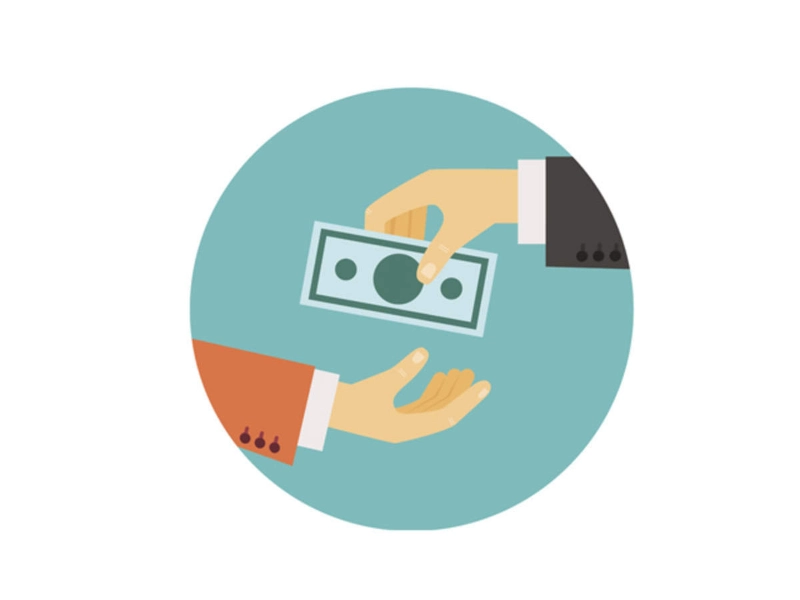
A property appraisal and supporting documentation, such as pay stubs, W-2 forms, bank statements, and permission to temporarily grant lenders secure access to your internet accounts, are required in order to obtain home equity loans. A minimum debt-to-income ratio and credit score may also be required by lenders.
Without refinancing your principal mortgage, you can access the value of your house with a home equity loan or line of credit. These loans, however, are frequently payable in one lump sum and carry interest rates that are higher than the mortgage loan you had initially.
Refinancing a mortgage can have some advantages, such as obtaining lower interest rates, shortening the loan's term, and perhaps avoiding a prepayment penalty. It's crucial to assess the financial advantages against the expenses and obligations associated with accessing your home's equity, though. The easiest approach to finding out if it makes sense is to have a conversation with a reliable source and create a financial strategy that will support your objectives.

